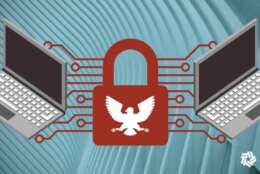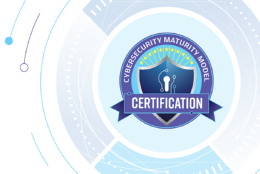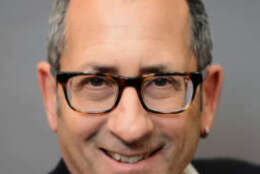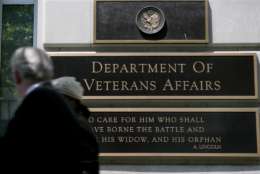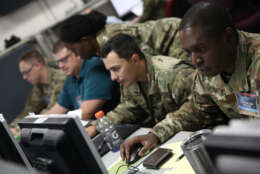Cybersecurity
-
By specifically ordering agencies to re-prioritize budgets, officially moving risk to the agency CIO, and offering up alternative funding like the TMF and CDM programs, OMB and the administration is signaling that cybersecurity is no longer subservient to mission priorities.
November 11, 2021 -
The Pentagon is encouraging defense contractors to up their cybersecurity game, but new requirements could take until 2023 to show up in contracts.
November 10, 2021 -
Imagine Nation, the annual leadership conference put on by the American Council for Technology Industry Advisory Council, returned to in-person earlier this week.
November 10, 2021 In this exclusive webinar, technology executives from the National Science Foundation, U.S. Environmental Protection Agency, National Oceanic and Atmospheric Administration and Lookout will discuss device security through zero trust.
November 09, 2021-
With more and more critical infrastructure relying on space technology, security of that tech becomes a major concern.
November 09, 2021 -
It’s time for agencies to understand and take actionable steps to implement zero trust to safeguard against modern cyber-attacks as well as comply with new regulations.
November 09, 2021 In this exclusive webinar, technology executives from the Cybersecurity and Infrastructure Security Agency, Department of Health and Human Services, Fidelis Cybersecurity, Forcepoint and Forward Networks will elaborate on their zero trust efforts.
November 09, 2021-
For businesses and organizations, achieving true zero trust architecture means looking toward identity-based solutions that are flexible and can support the work-from-anywhere environment.
November 08, 2021 -
Malware, like ransomware and spyware, is rampant in federal networks. With mobile security as the Achilles heel of Zero Trust, mobile event logging can be a preventive care measure protecting federal network digital health.
November 08, 2021 -
Janek Claus, director of Application Development at Sev1Tech, offered some remedies for this significant issue to host John Gilroy on this week's Federal Tech Talk.
November 08, 2021 -
The White House said Kurt DelBene will be the nominee to be the assistant secretary for information and technology and CIO at the Department of Veterans Affairs.
November 05, 2021 -
Maj. Gen. Matthew Easley, director, cybersecurity and chief information security officer, and the Army’s chief information officer, said it is key cybersecurity professionals use five functions.
November 04, 2021 -
The Pentagon is revising its Cybersecurity Maturity Model Certification program by massively reducing the amount of companies that would require third-party assessments and providing new waiver processes for select requirements.
November 04, 2021 -
Now tech vendor Cisco reports a sharp rise in the use of biometrics and other forms of multi-factor login, and greater interest by IT executives to move past passwords altogether.
November 04, 2021 -
CISA is directing agencies to address hundreds of known cyber exploits under a new process where the agency will regularly update a catalog of known vulnerabilities for priority patching.
November 03, 2021

